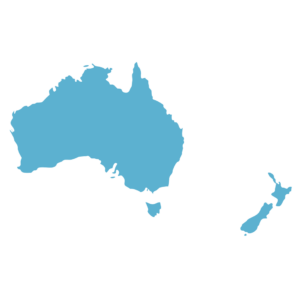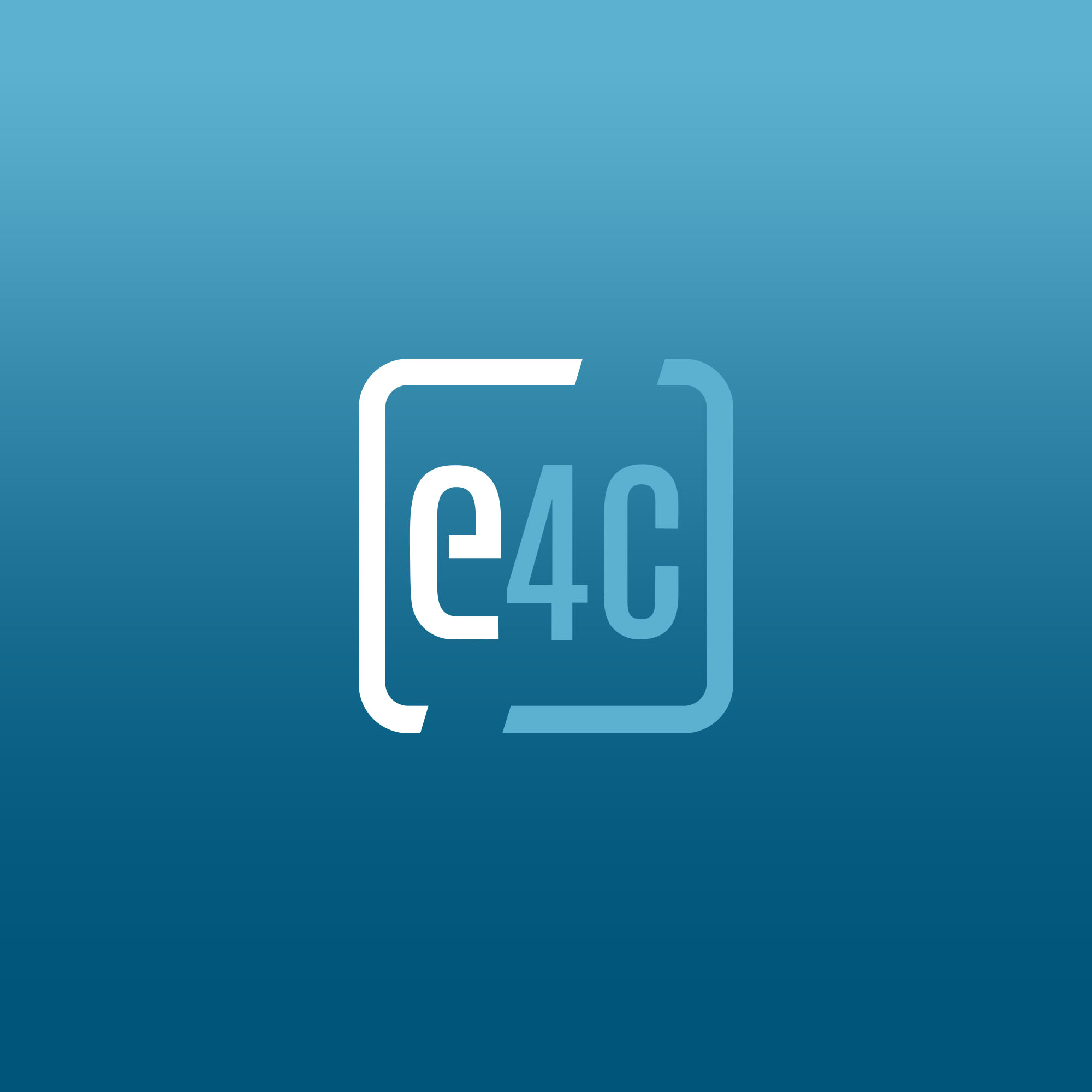State of Engineering for Global Development – Australia & New Zealand
Engineering for Global Development (EGD) is an interdisciplinary practice that aims to improve the quality of life of underserved communities worldwide through the design and delivery of technology-based solutions combined with local capacity-building. To do this effectively, practitioners must integrate their technical training with an understanding of economics, entrepreneurship, social science and politics to benefit people living in poverty. Engineering education programs that support this definition are found at many institutions throughout Australia and New Zealand. Program-specific aims and goals may be broader or further specialized than the definition presented here. Likewise, terminologies and titles sometimes vary, with “humanitarian engineering” being the predominant term used in this region. This report includes those programs that E4C has identified as supporting our overarching definition of “EGD.”
Overview
Results from our exploration in 2019 show that 11 institutions in Australia and New Zealand offer Humanitarian Engineering courses ranging from bespoke subjects, experiential opportunities, undergraduate minors and majors, and diploma level programs. At the time of this first release (October 2019), no Masters-level courses have been developed. From these 11 institutions, the following EGD-related programs are available:
● Diploma: 1 institution
● Bachelor major degree: 1 institution
● Bachelor minors degree: 3 institutions
● Courses & experiential opportunities: 11 institutions
Finally, there are a growing number of ways students can become involved in EGD co-curricular activities, events and workshops, as well as further research opportunities. Engagement with NGOs, either through an academic institution or directly contribute to a large number of these new opportunities.


No Comments.